Fair Health Costs Initiative
The Fair Health Costs Initiative is an Arnold Ventures-backed effort by the Purchaser Business Group on Health and National Alliance of Healthcare Purchaser Coalitions (National Alliance) to mobilize employer purchasers, educate policymakers and advocate for public policies to reduce health care prices.
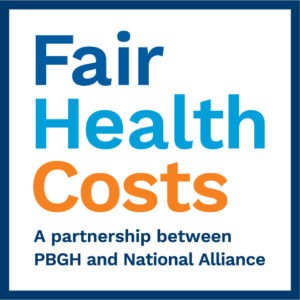
Resources
These resources can be used by business coalitions, employers and allies to raise awareness of critical issues affecting the cost of health care. Join the conversation.
- Communications Toolkit: A collection of resources, including fact sheets, talking points and social media posts and graphics.
- The Real Cost of Health Care: A blog series exploring the outsized role of hospital pricing in rising health care costs, and the market and legislative fixes necessary to reduce unsustainable cost increases for American businesses and families.
The Problem
The cost of health care in the U.S. is unaffordable for families and employers, and health outcomes are poor. High health benefit costs come at the expense of core business investments and hold down wages, dampen business growth and squeeze family budgets.
Increasingly high health care costs for private purchasers in the U.S. are driven primarily by high prices in the commercial sector. Hospital prices in commercial plans across the U.S. in 2018 averaged 247% of Medicare payments and the gap has been increasing. This trend is largely the result of industry consolidation and use of anti-competitive contracting practices and pricing strategies by hospitals, health systems and provider groups to gain market power. In the wake of the COVID-19 the pandemic, many providers are pursuing further consolidation and acquisitions.
The Opportunity
Although the problem of high prices in the commercial sector has been apparent for at least a decade, there is growing recognition among policymakers and purchasers that this problem must be addressed. Voters consistently name high health care costs as their top issue and government leaders feel strong pressure to respond.
We have to get at the root of the problem – the lack of functional markets in the private U.S. health care system. Effective markets require healthy competition among providers, health plans, drug manufacturers and suppliers; transparent information on quality, patient experience, health equity and prices; and meaningful choices for consumers. Unfortunately, these conditions are not met in all markets, and entrenched interests – particularly large, consolidated, health care systems – feed off of these market failures and use their political muscle to keep the broken status quo in place. This requires direct intervention.
- Regulatory and Legislative Actions to Strengthen Competition: In some market segments and geographic areas, the potential for healthy competition exists, but has been thwarted by dominant industry players. In these situations, government needs to strengthen antitrust enforcement and explicitly prohibit anti-competitive practices that have been the driver of high prices.
- Direct Government Intervention in Pricing: In other areas, the market is fundamentally broken, and it is nearly impossible to address costs through competition. In these situations, government needs to step in to limit prices.
Featured
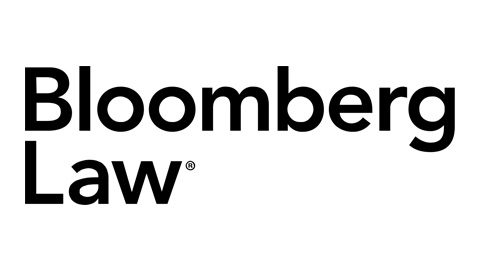
More Employers Turning to Benefit Startups to Manage Drug Costs
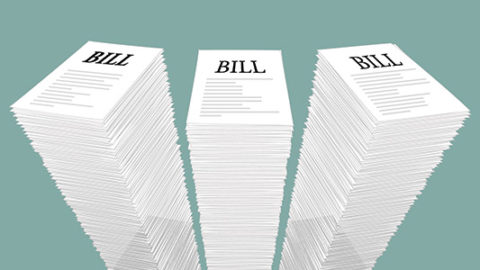
No Surprises Act Facing Continued Pressure from Providers
In the courtroom and in the field, provider interests are continuing their full-court press to undermine elements of the No Surprises Act, federal legislation enacted to shield patients, payers and purchasers from exorbitant and unexpected out-of-network medical bills.

5 Policies to Create a Fair Health Care Market
This week, actuaries with the Centers for Medicare and Medicaid projected health care spending will grow to reach almost $6.8 trillion by the year 2030 and consume nearly 20% of the country’s gross domestic product, or one in every five dollars spent.

What the Texas Ruling on the No Surprises Act Means for Employers
Last week, a federal district judge in Houston was the first to rule on one of the cases and sided with plaintiffs – the Texas Medical Association– effectively upending a vital portion of the rule implementing the decision.

Price Transparency Offers Opportunity to Employers and Purchasers
A landmark federal rule requires the nation’s 6,000 hospitals to make pricing data available publicly. This requirement includes plan-specific negotiated prices, not just the “chargemaster” prices, for every item or service.

PBGH Statement on New Legislation to Ban Anti-Competitive Practices in Health Care Contracting
The Purchaser Business Group on Health (PBGH) commends Sen. Mike Braun (R-IN) and Sen. Tammy Baldwin (D-WI) for introducing the Healthy Competition for Better Care Act.

COVID-19 Offers a Chance to Course Correct the Health Care Industry
The COVID-19 global pandemic and resulting economic slowdown had profound impacts on many sectors, including tourism, aviation, oil, finance and health care.

U.S. Employers Sacrificing Competitiveness in the Global Economy
With 60% of Americans getting their health care coverage through their jobs, large and small employers alike are justifiably concerned about rising costs of care.

Vertical Integration Isn’t Great for Health Care Consumers or Purchasers
In 2017, pharmacy giant CVS announced it was purchasing insurer Aetna for $69 billion in the largest-ever health care merger.

Addressing Market Failure: Lowering Health Care Costs for Americans
The United States is facing a crisis when it comes to health care costs. Prices for lifesaving, necessary care and drugs are simply too high for consumers.
Resources

PBGH Statement on Health Care Affordability
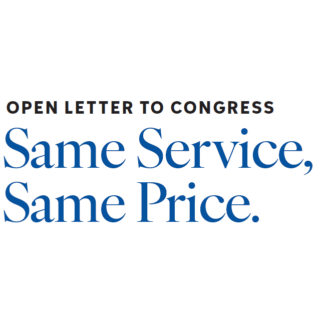
Letter to Congress in Support of Site Neutral Payments Billing and Price Transparency

Save Service, Same Price | An Open Letter to Congress
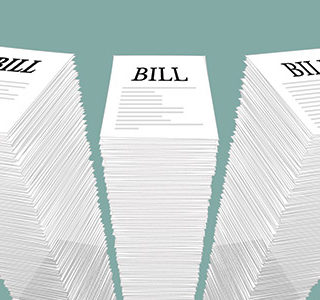
Fair Health Costs Letter on No Surprises Act Interim Final Rule
Fair Health Costs provided comments on the Part II Interim Final Rule (IFR) implementing the No Surprises Act, enacted as part of the Consolidated Appropriations Act of 2020, in the attached letter.
Announcements
PBGH Statement on New Legislation to Ban Anti-Competitive Practices in Health Care Contracting
The Purchaser Business Group on Health (PBGH) commends Sen. Mike Braun (R-IN) and Sen. Tammy Baldwin (D-WI) for introducing the Healthy Competition for Better Care Act.
